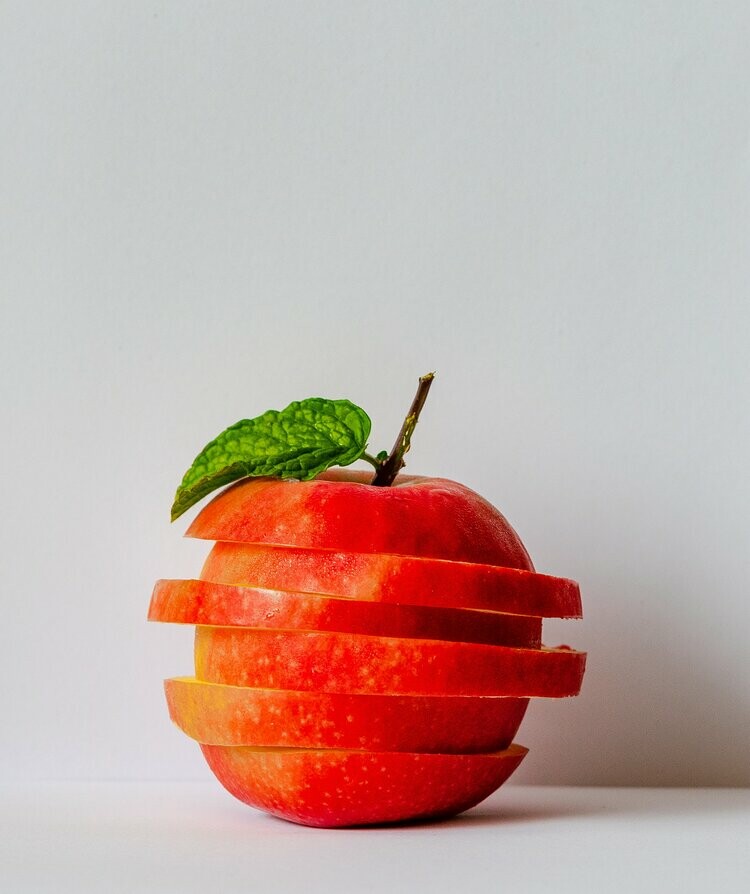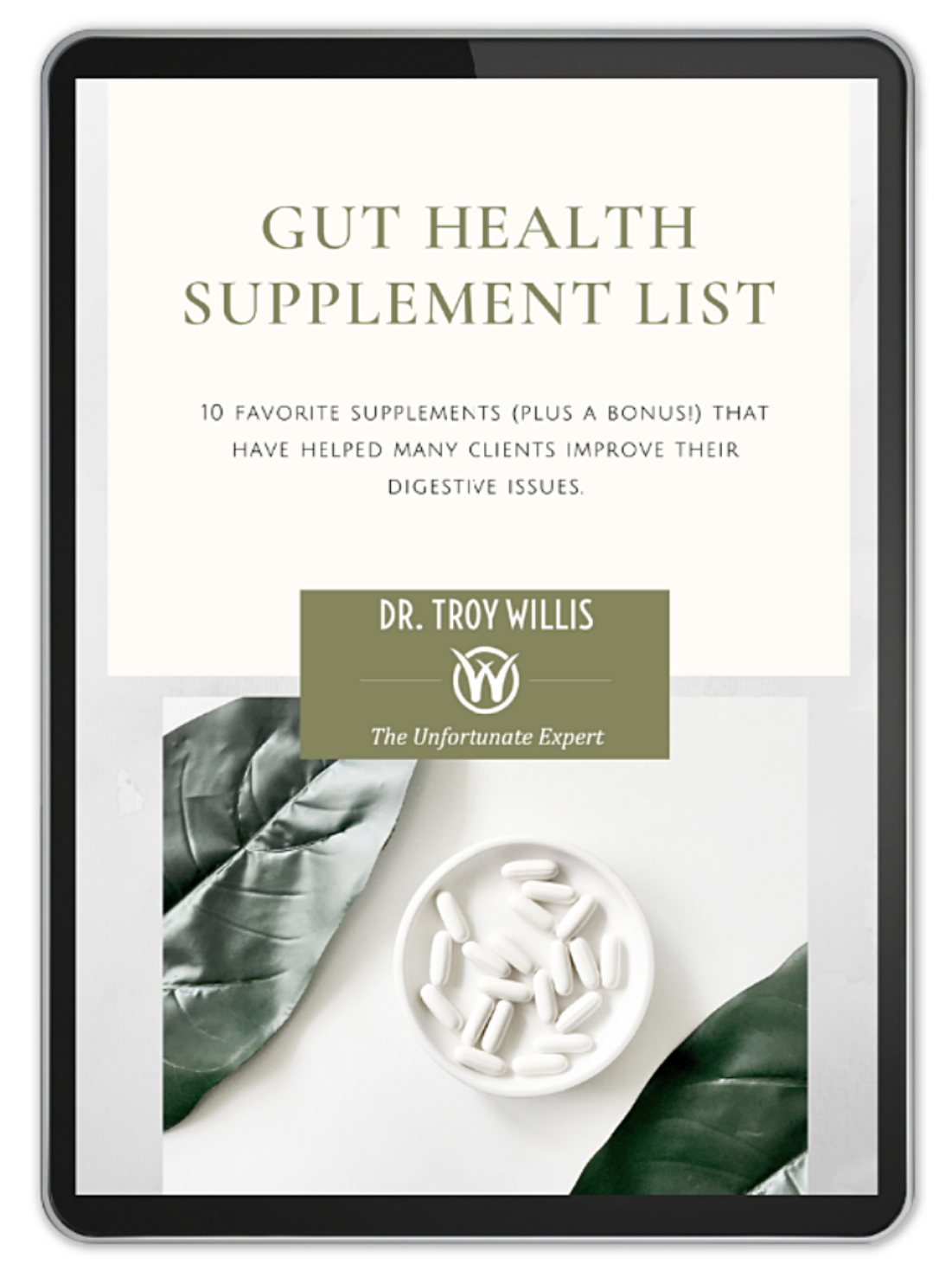
Before WWII, most foods grown in the US were considered “safe”. Nutrient-dense foods grew in rich topsoil and were free from harmful herbicides and pesticides. However, our foods have become increasingly harmful.
The most widely used herbicide in the world is Glyphosate- more commonly known as Round Up. It’s a concoction of chemicals used not only to kill unwanted weeds, but to speed up the maturation process of certain grains so that farmers can harvest crops sooner.
For the last 20-30 years, Glyphosate has been used on crops all over the world. Created in 1974, it drastically changed the landscape of our food sources. It is used on everything from soy and corn to wheat and oats, affecting not only the foods themselves, but the very soil they’re grown in.
And it doesn’t only affect the produce we eat. Animals eat grains that have been sprayed with Glyphosate. We in turn eat those animals or use products from those animals...and our health is directly impacted.
An article published in 2015 by Mary Ellen Kustin states that
“More than 80% of all genetically modified crops grown worldwide have been engineered for herbicide tolerance. As a result, the use of toxic herbicides, such as Roundup®, has increased fifteenfold since GMOs were first introduced.”
Glyphosate is also sprayed on golf courses, parks, school properties and neighborhood lawns and can cause health problems when absorbed through the skin.
Harmful Effects
Glyphosate has been identified by the World Health Organization as a carcinogenic and has been linked to many chronic health problems.
It is associated with leaky gut, brain fog, weight gain, bloating and digestive issues and is an endocrine disrupter that has been associated with kidney and liver disease. It also affects the body’s ability to produce amino acids and a 2019 study proved the negative impact it has on microbiome gut health.
 What You Can Do: Avoidance, Treatment and Detox
What You Can Do: Avoidance, Treatment and Detox
Genetically modified food (GMOs), also known as Genetically engineered foods (GEs) were introduced commercially in 1994 as an answer to herbicides and pesticides. These foods have been modified in laboratories so that they can resist the effects of harmful chemicals such as Glyphosate. This allows for the herbicide to be sprayed on the entire area of the plant to kill the surrounding weeds while allowing the plant to remain intact.
Common staples in American homes have been genetically modified and contain very high levels of Glyphosate. Some of the foods that have the highest levels are Cheerios, Oreos, Doritos, Ritz Crackers and some Stacy’s and Kashi products.
Making changes to avoid exposure
It can be overwhelming to address an issue that impacts so much of what we eat. But here’s where you can start:
1) Avoid GMOs and GEs
By 2022, many foods will have to include labeling having to do with whether or not there are GMOs in its ingredients. Look for labels that say “No Genetically Engineered Ingredients” and do your homework before shopping.
2) Eat organic food
This, of course, can be difficult. Organic foods are more expensive and not always as readily available as other foods. The EWG’s (Environmental Working Group)
Dirty Dozen and Clean 15 lists can be very helpful in deciding which foods to invest in and which are safer to consume without the organic label.
3) Use baking soda to wash produce.
Before consuming your fruits or veggies, mix 14 grams of baking soda per liter of water. Soak your produce for 5 minutes and then rinse it off with cold water.

While eating clean is one way to minimize exposure to harmful chemicals such as Glyphosate, here are some other steps you can take:
1) Sauna or steam rooms can assist the body in detoxing from harmful chemicals.
2) Supplements such as probiotics, electrolytes, activated charcoal, and bentonite clay have been shown to help heal the gut and nervous system.
3) Eating a diet rich in fermented foods can help heal the gut.
4) Ayurvedic therapies such as massage and oil pulling can reduce the amount of toxins in the body.

But one of the most powerful tools for detoxifying and supplementing in my gut-healing tool kit is Humic & Fulvic Acids.
It can bind to and eliminate glyphosate. Humic & Fulvic is almost always a component of the supplement routine I suggest for my clients. If you want to talk more about which supplements you need to heal your gut, let’s talk!
We can review your health history and I’ll outline a personalized vitamin and supplement recommendation tailored for your needs.
If you have any questions about Glyphosate or just aren’t sure where to start, please don’t hesitate to contact me. I’d love to talk with you about your gut health journey and do what I can to help you get where you want to be.
Happy Healing!
Dr. Troy
The Unfortunate Expert
















0 Comments